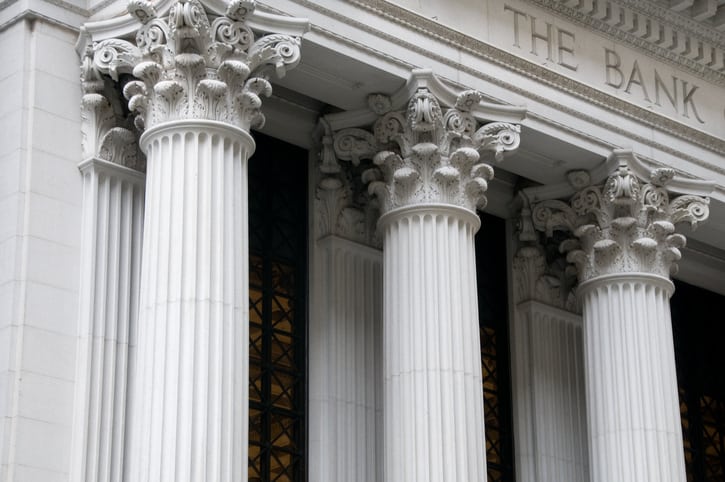
The majority in the House of Representatives just betrayed working Americans by passing reckless banking legislation known as the Economic Growth, Regulatory Relief, and Consumer Protection Act (S 2155). The only accurate part of the title is “regulatory relief,” in that it rolls back crucial regulations on the banking industry enacted after the 2008 financial crisis. It likely will provide little to no economic growth, and it does not protect consumers by any means. In fact, the bill will hurt consumers – especially working Americans saving for retirement.
The new legislation just passed by the House deregulates 25 of the largest 38 banks in the United States. This is a reversal of the 2010 Dodd-Frank law that sought to safeguard the public against the kind of bank failures which triggered the Great Recession. As Americans for Financial Reform said in a recent letter to Congress:
“The deregulatory provisions in the bill would be actively harmful to consumers and increase the instability of the financial system. The consumer measures included in the bill are often flawed and do not come close to counterbalancing the impacts of weakening or eliminating important regulatory protections in areas ranging from mortgage lending to the oversight of large banks.” – Americans for Financial Reform, 5/18/18
American workers lost trillions of dollars in retirement savings (including more than $2 trillion invested in 401K’s) in the wake of the ’08 financial meltdown. Normal market volatility is one thing. But crashes like we experienced ten years ago can permanently rob retirees of their life savings:
“For workers in their 50s or 60s and approaching retirement such losses can be devastating and difficult to recover from — unless those older workers are willing to defer retirement for another five years to 10 years to make up for what they lost in the market.” – National Committee president Max Richtman, CNBC, 3/16/18
All of this begs the question: how can we ask workers to be responsible and save when the government strips away protections intended to keep our savings secure? For most working and middle class Americans, it is already challenging to set aside enough money for retirement – thanks to stagnant wages, growing income inequality, and longer life expectancies. With actions like Congress took Tuesday, workers have scant assurance that whatever they can squirrel away for retirement will be there when they need it. In fact, last March the Congressional Budget Office (CBO) determined that the deregulation bill would make another financial crisis more likely.
Of course, there is one thing that Americans count on for basic financial security in retirement no matter what: Social Security. For 83 years, Social Security has been a safeguard for seniors with little or no savings who might otherwise slide into poverty. But the same fiscal conservatives in a hurry to deregulate the banking industry are also gunning for Social Security under the guise of “entitlement reform.” This is code for cutting benefits and raising the retirement age (which is itself a benefit cut). As soon as the Trump/GOP tax scheme passed in December, Speaker Ryan and other budget hawks signaled they would come after retirement benefits in order to pay for it.
Seniors and their advocates can’t let that happen – especially at a time when we cannot trust Congress to protect the interests of working people over those of the big banks. Retirees’ Social Security benefits must be preserved because, at least for now, they are the only thing workers can depend on after the next financial crash.


